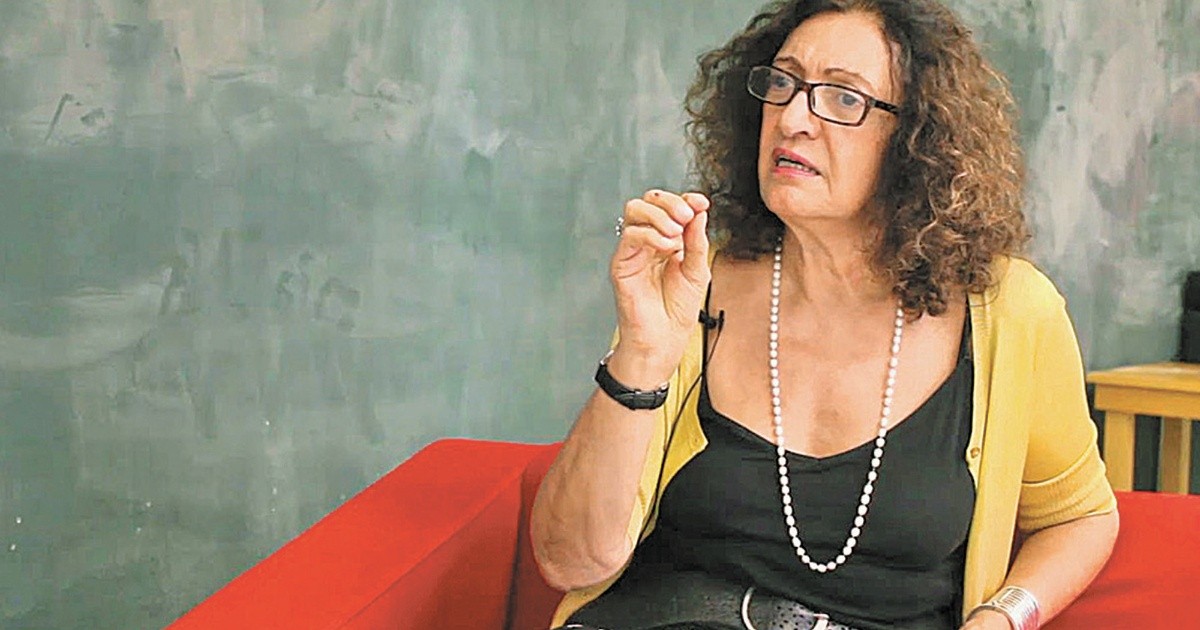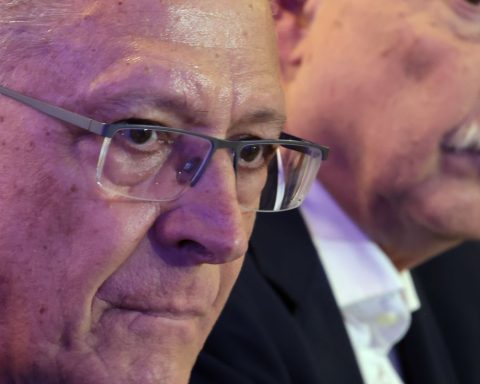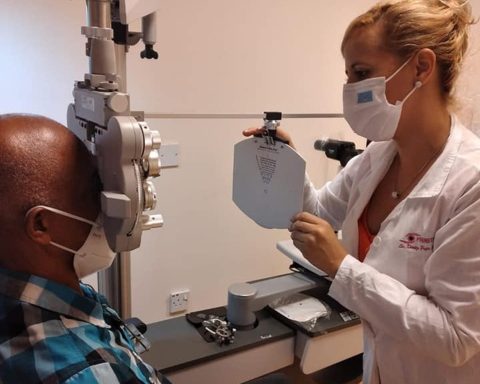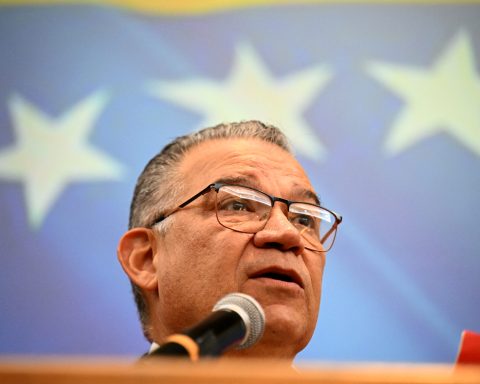Finally, this Wednesday, after three and a half years of physical absence, the reunion of the most outstanding minds of architecture and urban planning with Mexico City was possible through the Mextrópoli festival, which this year coincided with the twelfth edition of the Ibero-American Biennial of Architecture and Urbanism (BIAU), which visits the Mexican capital for the second time.
The epicenter of the first day of activities was the Metropólitan Theater, with the cycle of conferences that began with the Argentine architect Ana Falú as the recipient of the BIAU Lifetime Achievement Award this year, who offered a powerful speech for the paradigm shift of an architecture historically androcentric.
“This award that they have given me is a joy and it is also a joy to be the second woman among so many prestigious men who have been awarded by this biennial”, said the feminist activist and doctor of Architecture from the Technical University of Delft, in Netherlands; co-founder of the Women and Habitat Network of Latin America and professor emeritus at the National University of Córdova.
“In some way, I am the repository of the collective construction that, in a relentless and sustained way, we have been doing from feminism,” said the also former regional director of UN Women and promoter of social housing projects for indigenous communities in Latin America.
It must be said, she raised her voice, “that neither academia nor science nor politics were friendly (with women). They devalued us and continue to devalue us. That research, proposals from feminism, were always seen as ‘ activism” and not as a science, not as proposals that wanted to influence the profession. But we were unwavering, constant, we developed pioneering studies, we advanced with urban services and facilities. We managed to influence the agendas, incorporate the gender dimension in architecture and highlight the omissions, the invisible subjects”.
Likewise, Falú raised his voice to criticize the many years in which the most prestigious award for architectural work in the world, the Pritzker Prizes, which until before Zaha Hadid, in 2004, had not awarded a single woman since its first edition. in 1979. “Very recently the Pritzkers began to recognize the trajectory of women urban planners and architects. And even so, as of 2018, there were only 3% of winners.”
He pointed out that although this hegemony has been reversing, “it is not enough. I think it is necessary to feminize architecture, design, urbanism”.
a parade of ideas
Voices such as the Colombian architect Camilo Restrepo, co-founder of the AGENdA office and finalist for the Rolex Mentor Protégé 2012; Cecilia Puga, director of the Chilean Museum of Pre-Columbian Art, and the British contemporary artist Jane Hall, a member of the artistic collective Assemble, winner of the 2015 Turner Prize for her work in social intervention, to lead to the highlights of the day: the conferences of the Swiss architect Philippe Rahm, the Mexican Tatiana Bilbao and the Japanese Pritzker Prize winner Shigeru Ban.
















